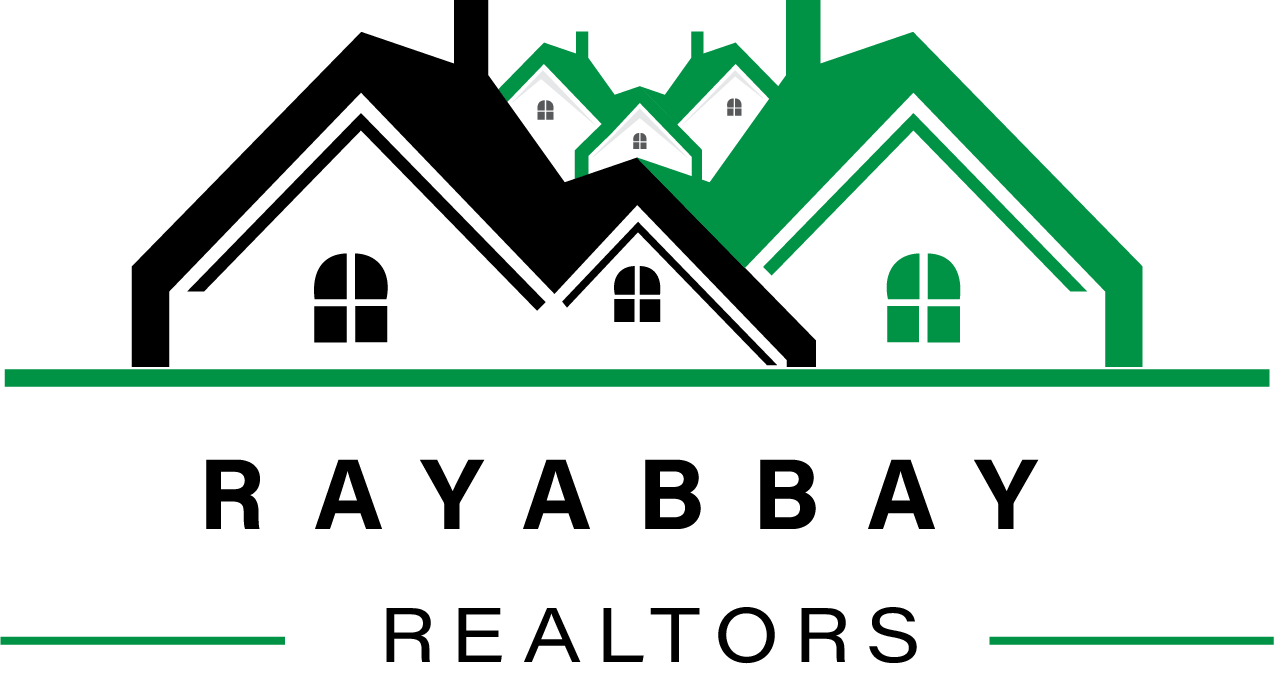Key Expenses to Anticipate When Buying a Home in Kenya

Starting the journey to homeownership in Kenya is an exciting prospect, but it's important to be mindful of the associated costs. In this detailed guide, we will outline the essential expenses involved in purchasing a home, empowering you to make informed decisions at every step of the process.
Purchase Price and Down Payment:
The most significant expense is, of course, the purchase price of the property. Additionally, buyers are typically required to make a down payment, which is a percentage of the property's value. Knowing the purchase price and planning for a down payment is the first step in the homebuying process.
Legal Fees and Conveyancing Costs:
Engaging legal services for the conveyancing process is crucial to ensure a smooth property transfer. Legal fees cover services such as title searches, drafting agreements, and ensuring all legal aspects of the transaction are in order.
Stamp Duty:
Stamp duty is a government tax imposed on property transactions. It's calculated based on the property's value and varies depending on whether it's a residential or commercial property. Be sure to budget for stamp duty, as it can significantly impact your overall expenses.
Valuation Fees:
Before finalizing the purchase, a property valuation is conducted to determine its market value. Valuation fees cover the cost of professional appraisers who assess the property and provide a valuation report.
Home Inspection Costs:
While not mandatory, a home inspection is highly recommended to identify any potential issues with the property. Home inspection costs cover the fees associated with hiring a qualified inspector to assess the structural and mechanical aspects of the home.
Mortgage-related Costs:
If you're financing your home purchase through a mortgage, be prepared for additional expenses such as loan application fees, appraisal fees, and mortgage insurance premiums. Understanding these costs is essential for effective budgeting.
Insurance Premiums:
Homeowners in Kenya often opt for insurance coverage to protect their investment. This includes home insurance to safeguard against damage and theft, as well as mortgage protection insurance to cover outstanding mortgage balances in case of unforeseen events.
Utility Connection Fees:
When moving into a new home, you may incur expenses for connecting utilities such as water, electricity, and gas. Check with the relevant service providers to understand the connection fees and factor them into your budget.
Moving Costs:
Don't forget the costs associated with physically moving into your new home. Whether hiring professional movers or doing it yourself, budget for packing materials, transportation, and any additional services required.
Conclusion:
Purchasing a home in Kenya involves a range of expenses beyond the initial purchase price. Being aware of these costs and planning accordingly is crucial for a smooth and financially sound homebuying experience. By understanding and budgeting for legal fees, stamp duty, valuation costs, and other essential expenses, you can navigate the process with confidence and turn your homeownership dreams into reality.
